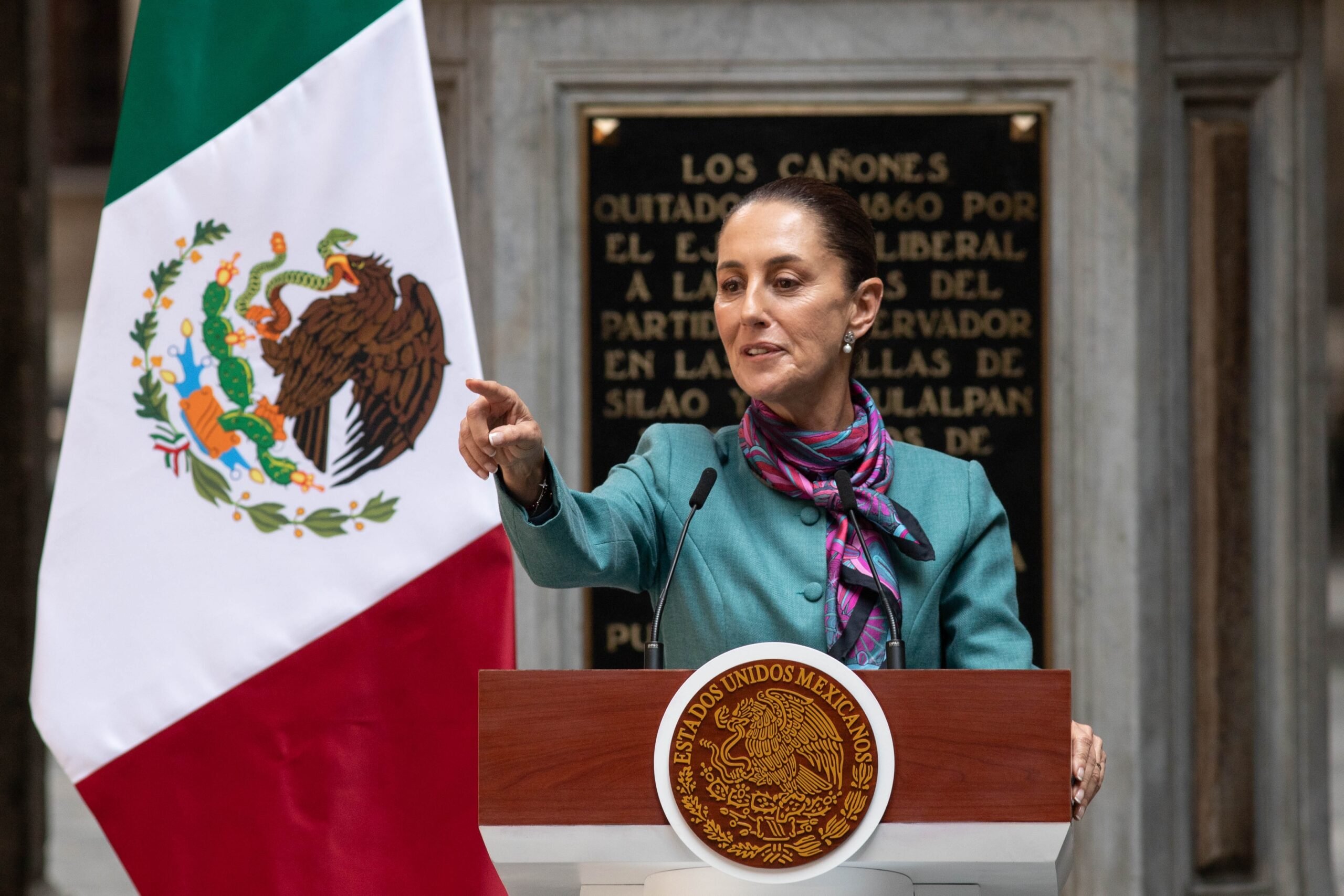
Texas-Style Money Laundering
FinCEN’s proposed real estate rule could help investigators flag dubious deals—but there’s a big loophole.

From strip malls in Houston suburbs to beach houses in Brownsville, Texas is an enormous haven for money launderers. But for a long time, nobody has seemed to be in any hurry to do anything to stop dirty money flowing into the Lone Star State. Could that be changing?
For several years, the U.S. Department of the Treasury’s Financial Crimes Enforcement Network (better known as FinCEN) has required additional data on some real estate deals in Miami, Houston, San Antonio, and other places often targeted by criminals for money laundering. But those Geographic Targeting Orders missed a lot of suspect deals in other places. Our Texas Observer series, “Follow the Money,” found that prosecutors alleged that 50 pieces of Texas real estate, valued at $58 million today had been purchased by Mexican kleptocrats between 1998 and 2017. But only 11, worth less than $7 million, would have been covered by those orders, according to a 2021 Observer analysis of court records by journalist Jason Buch.
This month, FinCEN unveiled a proposed rule that would require people involved in real estate transactions and closings nationwide to query the purchasers of residential real estate who use companies or other entities (and often cash) about the true owners (called the beneficial owners) of those often-mysterious entities. The proposed regulation is lengthy, but essentially real estate agents, title companies, and others who handle such deals would be required to ask more questions of buyers—and to keep records on their responses.
“The rule likely will have a bigger impact in Texas than elsewhere because of the amount of money laundering in the state.”
The idea is that even bogus responses about suspect individuals or shell companies supplied in such disclosures could assist investigators if any of those real estate deals were later flagged. True information might help them find links between money launderers, shell companies, and real estate. But false information might lead to prosecutions for the buyers who practiced subterfuge to conceal money laundering.
The problem is enormous: From 2015 to 2020 alone, more than $2.3 billion was reportedly laundered through U.S. real estate by corrupt officials, drug trafficking organizations, and other criminals, according to watchdog group Transparency International. The proposed real estate rule, which remains under review, stops short of what’s already required in many European nations, Transparency International officials say, but would bring the United States more in line with other global anti-money laundering standards.
“This is a long-awaited proposal that, if finalized, will close a very significant loophole in the U.S.’s anti-money laundering framework that has been exploited for years,” Gary Kalman, executive director of Transparency International U.S., said in a statement.
He told the Observer, “The rule likely will have a bigger impact in Texas than elsewhere because of the amount of money laundering in the state.”
But the proposed rule still has a gaping loophole: It excludes commercial real estate, which has featured prominently in many Texas money laundering cases in both civil and criminal courts, notes Rodrigo Montes de Oca, a research scholar at the Baker Institute Center for the U.S. and Mexico.
”Everything that adds more [information] about beneficial ownership helps. That’s what we most want to know about these transactions, but it’s an error to exclude commercial property,” Montes de Oca said. “We know these people often buy strip malls and warehouses and office parks, and all that is outside the rule.”
Ryan Patrick, a Houston lawyer, previously oversaw the prosecution of money laundering cases when he served as U.S. attorney for the Southern District of Texas. Patrick agreed that some investigations could benefit from more disclosures but worries that the proposed rule could make real estate transactions more costly for everyone by requiring more paperwork. He figured the crooks will simply spout more lies. “I suspect that nearly all targets of real estate money laundering investigations will have either not complied with these rules or will have provided false information at closing.”
Jason Buch, author of our “Follow the Money” series, checked how the proposed nationwide real estate rule would have applied to those same 50 pieces of Texas real estate known to have been purchased by Mexican kleptocrats in cases he tracked for those stories. His verdict: There would be modest improvement, based on his analysis of court records and 2021 property values.
“The new regulations, as I understand them, would expand somewhat how many of those transactions would have been reported to FinCEN,” he found. “Of the same 50 properties, 26 transactions for real estate worth about $14.67 million would have gone into FinCEN’s database. While a handful of the residential properties were purchased by individuals, the big money is in commercial real estate, and that’s not being covered.”



